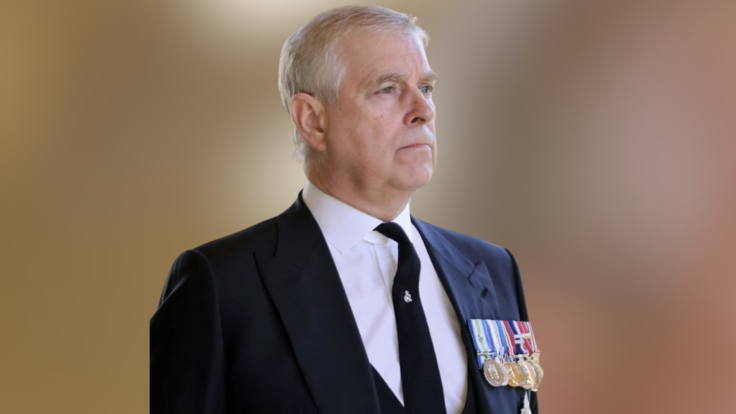Prince Andrew Faces His Most Devastating Trial Yet — Palace Insiders Call It 'The Gravest Crisis' to Ever Hit the Monarchy
Primary transcripts and a posthumous memoir thrust Prince Andrew back into the centre of a police and political inquiry

Prince Andrew now faces perhaps the gravest personal and institutional crisis the modern monarchy has endured.
The king's brother announced on 17 October 2025 that, with His Majesty's agreement, he will no longer use his peerage titles or honours as fresh, detailed allegations and a posthumous memoir by Virginia Roberts Giuffre renew intense scrutiny of his conduct and of the Royal Household's handling of the affair.
The decision follows decades of controversy surrounding Andrew's relationship with Jeffrey Epstein. This high-profile 2019 television interview badly damaged his credibility, and the emergence this month of new material, including claims about attempts to smear his chief accuser, is now being examined by police and legal experts. The result has been an unprecedented reputational and operational headache for Buckingham Palace as it moves to contain collateral damage to the Crown.
A Statement and a Withdrawal of Titles
In a short, stark statement released via the royal household, Prince Andrew said he and the King had concluded 'the continued accusations about me distract from the work of His Majesty and the Royal Family' and that he would 'no longer use my title or the honours which have been conferred upon me'.
The move stops short of parliamentary removal of peerages (a legal process) but is nevertheless a formal and symbolic withdrawal that the Palace hopes will blunt public anger. The official notice remains the central, attributable source for the prince's position.
Buckingham Palace's action has not, however, ended the scrutiny. Leaked emails and newly published material in Giuffre's memoir, Nobody's Girl, published by Alfred A. Knopf on 21 October 2025, allege further attempts to undermine her credibility and revisit long-standing claims that Andrew engaged in sexual activity with her when she was a minor; Andrew continues to deny the allegations.

The memoir's publication has reignited press attention and political debate over whether more aggressive steps should be taken by state actors to limit the prince's remaining privileges.
Renewed Evidence, Police Interest and the Weight of the Past
The current crisis is fuelled by two linked sources of primary material. First, the memoir itself — authorised for publication — lays out Giuffre's account in her own words and has been excerpted by publishers and broadcasters; second, official documents and recent transcripts have been released or reported that touch on prior proceedings and interviews.
Those documents include statements and interview transcripts in which figures close to the Epstein network gave differing accounts of events; the raw material has been used by investigators, journalists, and the public to re-examine earlier conclusions.
Crucially, the Metropolitan Police have said they are 'actively looking into' media reporting that the prince asked a taxpayer-funded protection officer to obtain personal data about Giuffre, a report that prompted immediate political comment and calls for a fully independent inquiry.
Police attention to the matter transforms what might otherwise be a reputational scandal into a live, investigatory problem with possible criminal implications.
The Interview That Changed Everything — And Why it Still Matters
Many observers trace the prince's public decline to his 2019 televised interview, conducted by Emily Maitlis for the BBC's Newsnight, in which he repeatedly said he had 'no recollection of ever meeting this lady' and made other recollections that later proved damaging to his credibility.
That interview remains a primary source: the full video and contemporaneous transcript are publicly available, and legal teams have cited the prince's own words in their analyses of public statements and case strategy. The interview is now invoked again as a prism through which the current revelations are being judged.
In parallel, transcripts from United States Department of Justice interviews with Ghislaine Maxwell and other material released in recent years supply contemporaneous assertions and denials that investigative journalists and lawyers are piecing together. Those primary-source documents are central to understanding how facts were developed and how different accounts diverge.
Prince Andrew's withdrawal from titles may be intended as a definitive step. Yet the flow of original documents, transcripts, and first-hand publications now in the public domain suggests the matter will be judged by history and by investigators based on those primary sources, not palace spin.
© Copyright IBTimes 2025. All rights reserved.


















